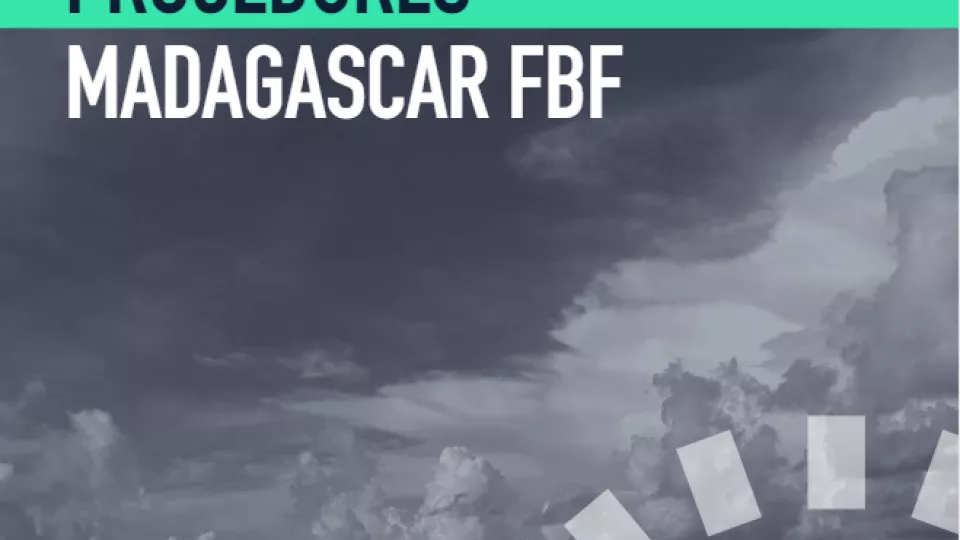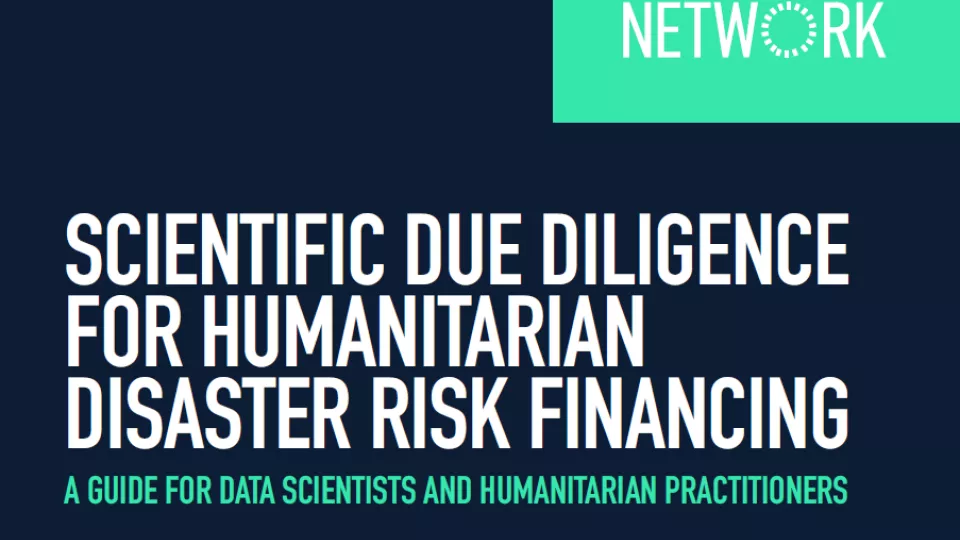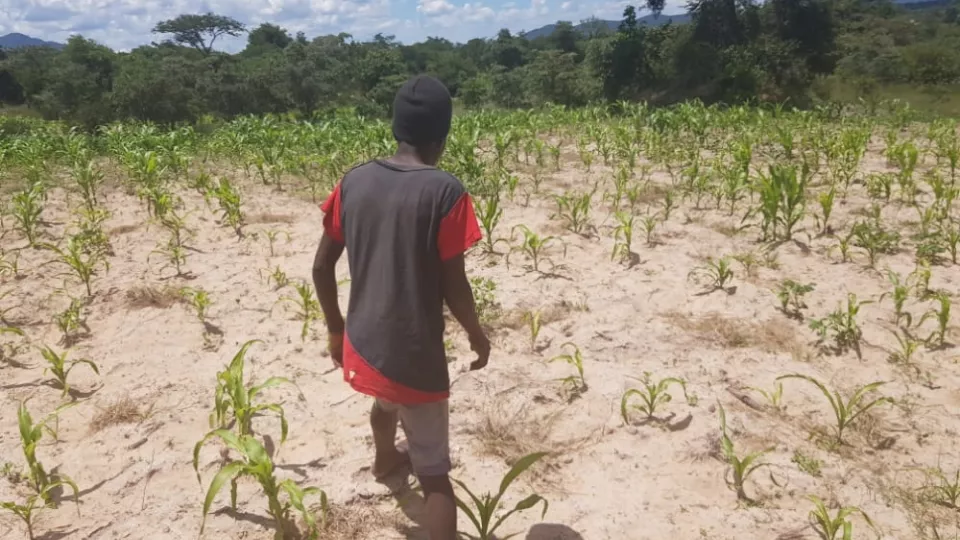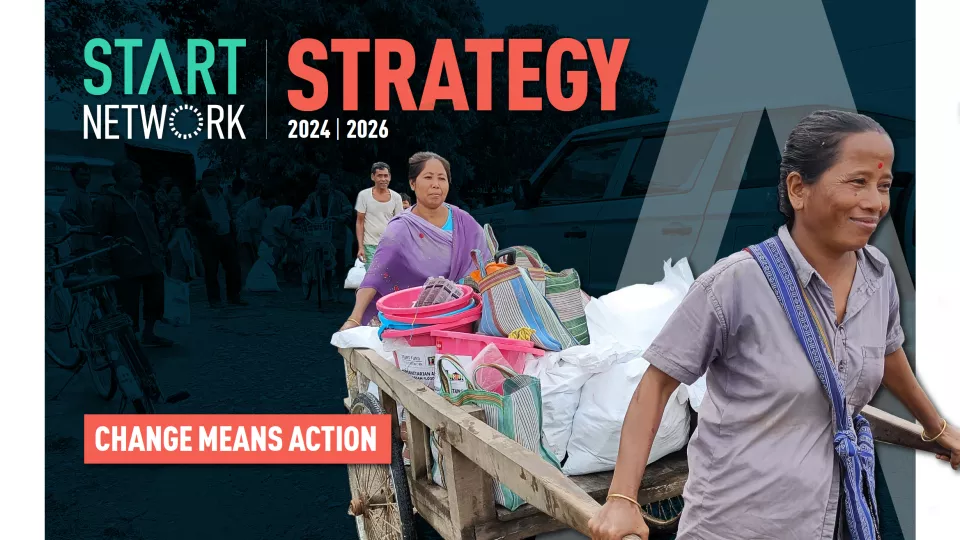Search
PEOPLE-CENTRED AND TRANSPARENT RISK ANALYTICS
A new series of technical discussion papers by the Start Network, the Red Cross Red Crescent Climate Centre and the International Federation of Red Cross and Red Crescent Societies explores how evolving disaster risk financing (DRF) approaches could be a game changer in acting earlier, quicker and more effectively to predictable humanitarian crises. The papers are attempting to redefine how DRF meets humanitarian objectives. Building on the practical experience of the Start Network and IFRC the papers call for a move from the traditional DRF sovereign approach to a more human-impact driven approach to risk financing, identifying the financial and operational needs from the ground up; an ‘impact before instruments approach.’ Each paper explores the need for such a renewed approach whilst identifying some of the technical challenges and posing solutions to make disaster risk financing work most effectively in the humanitarian context. The aim is to ignite dialogue and build collaboration around key technical challenges whilst highlighting some key solutions to unlock the potential of DRF for humanitarian action.

STANDARD OPERATING PROCEDURES MADAGASCAR FBF
This document outlines the process of how funding will be released, accessed and disbursed to Start Network members in Madagascar, in the event of a predicted drought in Madagascar.

Scientific due diligence for humanitarian Disaster Risk Financing
This guide was developed by the Drought Risk Finance Science Laboratory (DRiSL) to provide a tool for both scientists and humanitarian practitioners to aid responsible and effective use of scientific data and modelling in humanitarian decision-making.
High-level Humanitarian Event on Anticipatory Action: Statement by Christina Bennett
The United Nations and the Governments of Germany and the United Kingdom convened a high-level event to advance anticipatory action and galvanise a collective push to act ahead of crises. Start Network CEO Christina Bennett made the following statement at the event.

ARC Replica
"Early intervention through insurance drastically increases the number of people who can be helped" - Nelly Maonde, Start Network Country Disaster Risk Finance Coordinator - Zimbabwe

Start Network’s new strategy: Shifting the conditions that hold the system in place
Change means action: Start Network's new 3-year strategy for 2024-2026 has just launched. It crystallises our value offer as a systems change organisation and sets out how we will address the challenges in the humanitarian sector.
STRENGTHS AND CHALLENGES OF COORDINATED HUMANITARIAN RESPONSE
Coordination is one of the areas where the design of the Start Network’s ARC Replica pay-out in Senegal has been most ambitious.
